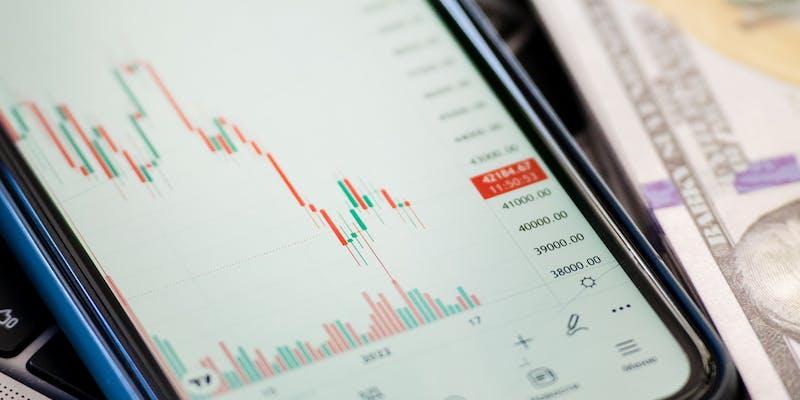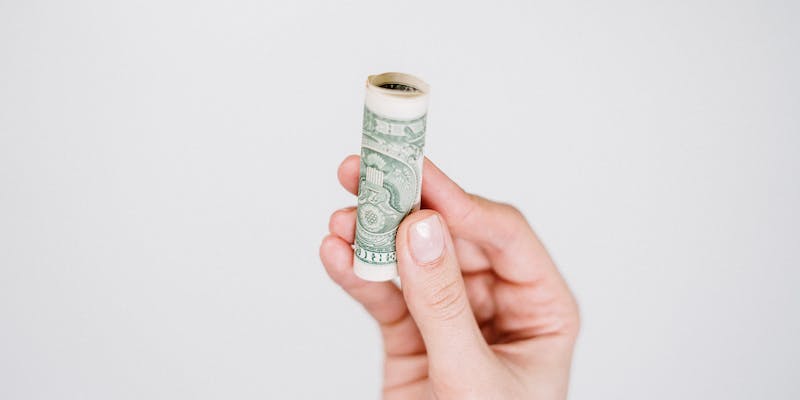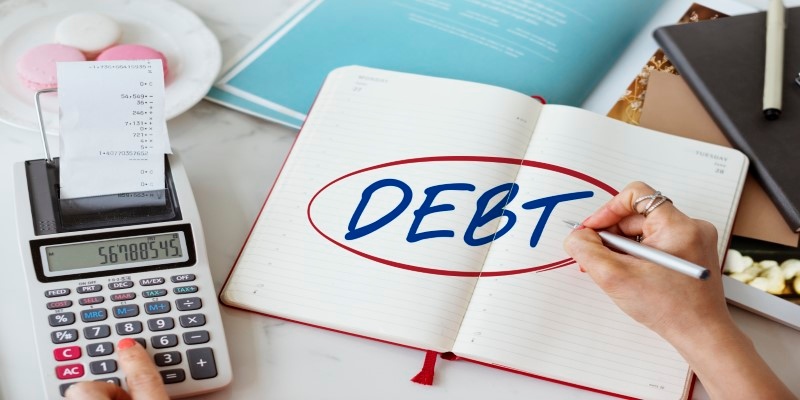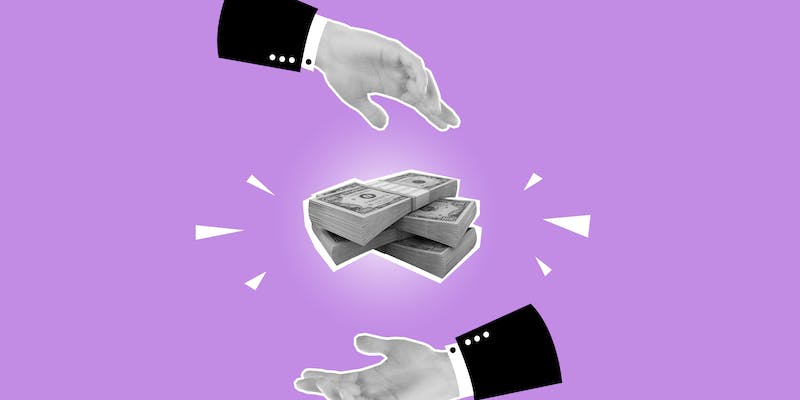A Beginners Guide to Ordinary Shares - Its Benefits and More
Jan 06, 2024 By Susan Kelly
The most popular shares, known as common stock, are also called ordinary shares that represent a piece of the action in a company. If you hold these shares in shareholder meetings about such important company choices, you'll have something to say. Whether or not shareholders get dividends depends on the company's board.
They decide if dividends are distributed, and their amount reflects the company's profit over a period, like a quarter or a year. Distinct from ordinary shares, preferred shares blend stock and bond elements. Their holders receive a fixed dividend, offering a reliable income stream. While their prices fluctuate, they're generally less volatile than ordinary share prices. Investors in preferred shares often seek the regular dividends they provide.
In the U.S., as of 2021, 55% of adults invested in the stock market, mostly through mutual funds or retirement accounts. Individual stock ownership was less common, at around 15%. This preference for diversified investment methods reflects the inherent risks in stock ownership. In Europe, stock market participation varies widely. In 2020, Denmark had the highest rate at 34%, while Greece had the lowest at just 3%.
This disparity often reflects economic stability and public confidence in the market. Around the world, ethical investing is gathering momentum. This means 10 % of global fund assets were sustainable investment funds to the end of 2022, compared with previous years. Many investors are now considering environmental, social, and governance (ESG) factors when buying stocks.
Ordinary Shareholders' Rights
The holders of ordinary share price- the most common and whose combination of rights is the one most people are familiar with- have a set of financial rights. First, they are entitled to a portion of the company's profits after all the bills have been paid, which are called residual profits. The result is dividends, but not until preferred shareholders have received dividends.
But this right is figurative far more often than theoretical. As company directors, managers might determine that available funds should be put entirely back into the business so that ordinary share and common stocks cannot take any form of dividends.
Besides, given that if a company fails, ordinary shareholders have a right to the company's economic value, the problem becomes more complex. However, they are coming to the end of the line in bankruptcy proceedings alongside bondholders and preferential shareholders. Given such examples, they are treated like unsecured creditors, with no idea of priority claim.
In a 2020 case study published by the National Association of Investors Corporation, only about 20 % of small-cap companies return profits to ordinary shareholders in dividends in the United States. This figure illustrates the insecurity of these shareholders about how much dividends they would get. Furthermore, in 2019, a study by the International Finance Corporation showed that in most corporate bankruptcies, ordinary share advantage shareholders recover less than 3 % of their investment. If they are so weak, their inclusion in the financial structure of a corporation hardly amounts to a restraint on management.
Benefits Of Ordinary Shares

Shareholder Voting Power
Common shareholders play an essential function in a corporation's governance by exercising their vote-casting rights. Proudly owning ordinary share and common stocks everyday shares manner having a slice of the enterprise, and with every proportion comes a vote. Those votes are key in making full-size decisions, like choosing the board of administrators. The more shares an individual holds, the more impact they have on these choices.
This vote-casting electricity is especially meaningful for massive traders or establishments owning a hefty portion of the agency. But, for the standard retail investor, the real cost in not-unusual stocks lies within the capacity for earnings increase and dividends. Those are the two primary methods shareholders gain financially from their investments.
Earning Potential through Stocks
Investing in shares is a popular manner for people to develop their income. Even though there are no earnings, the procedure is fairly clean: install an internet account and begin shopping for and promoting stocks. This simplicity makes inventory market funding an appealing alternative for many.
The actual trap of normal stocks is the endless income opportunity. If you promote your stocks for greater than you paid, you've made a capital benefit. But it is a double-edged sword: promoting for less than the purchase fee is a capital loss. Another profit movement comes from dividends – a proportion of an enterprise's profits allotted to shareholders. Though no longer guaranteed, those payments can be a constant source of earnings and are regularly reinvested into extra stocks.
Limited Liability and Preemptive Rights
Common shareholders enjoy limited liability, meaning they're only financially responsible up to the value of their shares in the company. Additionally, they often have preemptive rights, getting first dibs on new shares, usually at a discount. This right is particularly advantageous when a company is growing and issuing more stock.
The Worth of Common Stocks

Common stocks, or ordinary share advantages, are often initially issued with a par value or "nominal" fee in many countries. This par value is a hundred times smaller, being a tiny sum of numbers, often only a few cents per share. But be sure: This figure is mostly just a symbol. The trading value of these shares in the market reflects the actual business situation at the company, as well as market conditions and the views of investors.
Notable examples include Berkshire Hathaway Inc. (BRKA). Early September 2020: Its Class A common shares have a nominal value of five dollars. However, these shares are worth much more in the market, exchanging hands over US $ 325,00 people per piece. The huge disparity points out that as far as the value of a stock is concerned, market dynamics, coupled with successful competition, can simply take a share's value far, far above its nominal par value.
This effectively demonstrates the role that market forces and investor confidence play in stock prices. It also indicates that while official par value is a numerical figure, the actual value of a share is determined by how much the market is willing to bet on the underlying business's worth and upside potential.





